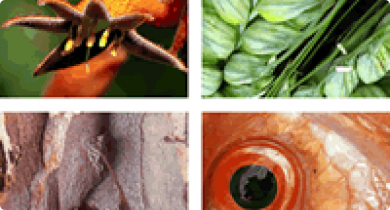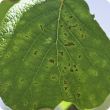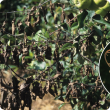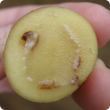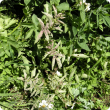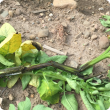Biosecurity
Biosecurity is fundamental for safeguarding our valuable agricultural resources against the threat and impacts of pests, weeds and diseases (pests).
Biosecurity is the management of the risk of animal and plant pests and diseases entering, emerging, establishing or spreading in Western Australia, to protect our economy, environment and the community.
To protect Western Australian agricultural industries from pests the Department of Agriculture and Food, Western Australia:
- Works with stakeholders to identify and manage biosecurity risks.
- Develops legislation.
- Establishes import controls.
- Conducts inspections.
- Provides quarantine services as required.
To find out more about what we do to protect agricultural production and export opportunities within the State please search our website.
Articles
Filter by search
Filter by topic
- (-) Remove Plant biosecurity filter Plant biosecurity
- Diseases (6) Apply Diseases filter
- Pests, weeds & diseases (6) Apply Pests, weeds & diseases filter
- (-) Remove Bacteria filter Bacteria
- Horticulture (5) Apply Horticulture filter
- Crops (5) Apply Crops filter
- Vegetables (3) Apply Vegetables filter
- Potatoes (3) Apply Potatoes filter
- Fruit (2) Apply Fruit filter
- Tomatoes (2) Apply Tomatoes filter
- Minor fruits (1) Apply Minor fruits filter
- Citrus (1) Apply Citrus filter
- Crop diseases (1) Apply Crop diseases filter

